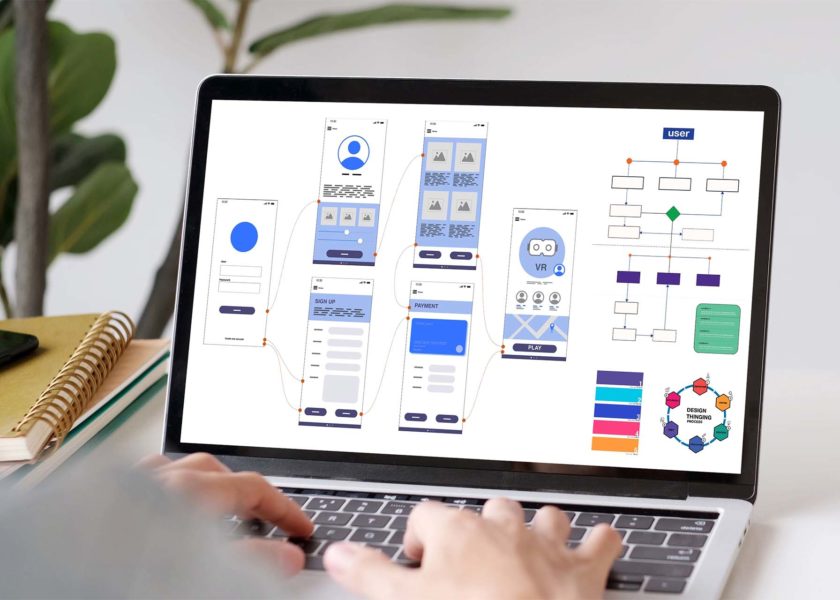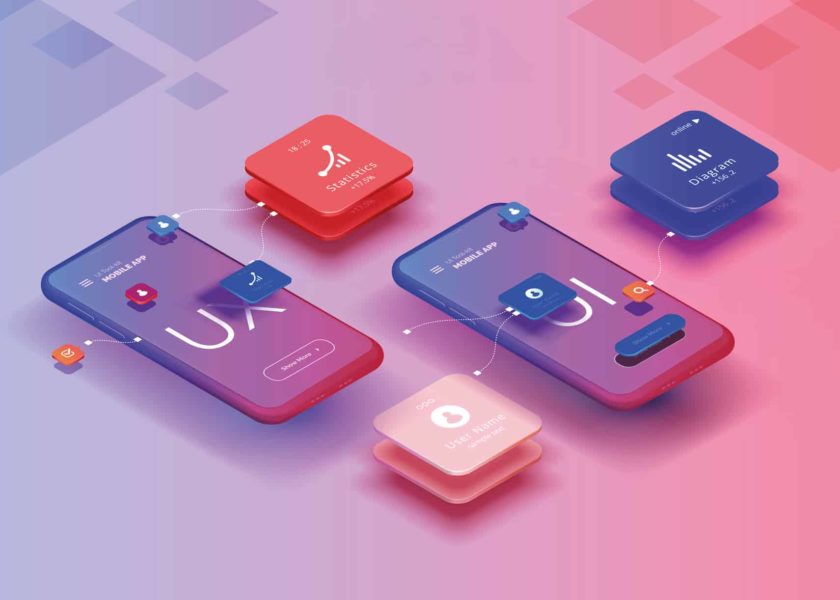Launching a start-up is a challenge that requires both vision and adaptability. Some Belgian companies, thanks to an iterative approach centered on the MVP (Minimum Viable Product), have been able to transform promising ideas into concrete successes. These cases illustrate how a minimal product can not only validate a hypothesis, but also serve as a springboard for rethinking and refining a scalable model thanks to market feedback.
From MVP to pivot: when the market redraws the trajectory
According to a study by CB Insights, 35% of startups fail mainly because of a mismatch with the market.
An MVP is much more than just a first draft: it’s a strategic tool for learning from the market in real-life conditions. But sometimes, what the MVP reveals is more important than what it validates. In such cases, direct feedback from users becomes an essential signal for making a pivot, i.e. a strategic change of direction. This pivot may concern the target, positioning or even the product itself, as the stories of Univercells, Cowboy, MyMove, Robovision or Teamleader testify.
Successful pivots of Belgian startups
Univercells: democratizing vaccine production
Univercells started out with a biotechnology production platform designed to make vaccine production accessible to developing countries. The first MVP was a simplified version of their modular solution, tested with a limited number of industrial partners.
Tests and customer feedback: Feedback from early adopters revealed that, although the technology was promising, costs remained a major obstacle for developing countries. In addition, partners highlighted the need for adaptability to local contexts.
The key: Univercells has incorporated this feedback to design more compact and modular platforms, drastically reducing costs and better adapting to different local configurations.
The result: This pivot has enabled Univercells to become a key player in improving access to vaccines worldwide, with strategic international partnerships.
Cowboy: rethinking the urban electric bike
Cowboy set out to reinvent urban mobility with innovative electric bikes. They started with an initial minimalist electric bike model, designed to test user expectations. This first model focused on the essentials: a streamlined design and high-performance electric assistance.
Tests and customer feedback: Early adopters appreciated the design, but expressed a need for connected features, such as GPS navigation or a bike tracking system. This feedback also highlighted the importance of simplicity of use to stand out in the market.
The linchpin: Cowboy has integrated smart technologies into its bikes, such as a mobile app to locate the bike, an anti-theft alert system, and real-time assistance to enhance the user experience.
The result: By listening to its users, Cowboy has become a leading player in urban mobility, recognized for its connected bikes that combine design, performance and durability. In 2024, the brand raised a further 5 million euros to support its expansion and is aiming for profitability by 2025.
MyMove: optimizing shared mobility
Based in Brussels, MyMove initially focused on fleet management for companies. The idea was to solve fleet logistics problems with an accessible digital solution.
Tests and customer feedback: Businesses quickly adopted the product, but their feedback revealed a wider potential: the possibility of using the same technology for shared mobility, thus responding to new urban challenges.
The pivot: MyMove expanded its platform to include shared mobility solutions, enabling individuals and companies to manage and optimize the use of shared vehicles via a single, intuitive interface.
The result: Thanks to this pivot, MyMove has been able to respond to the needs of a rapidly changing market, while expanding internationally to become a key player in urban mobility.
Robovision: revolutionizing industrial processes with AI
Robovision has developed the first artificial intelligence algorithm designed to automate certain industrial tasks. This MVP has been tested on a single production line, with a specific use case in the food industry.
Tests and customer feedback: Early customers appreciated the effectiveness of the solutions, but highlighted the need for greater customization of the algorithms to meet the specifics of their respective industries.
The linchpin: Robovision has developed an adaptable AI platform, enabling companies to train their own models and integrate them into a variety of industrial processes.
The result: Today, Robovision is a leader in industrial AI, working with leading companies to modernize their processes and improve their competitiveness.
Teamleader: supporting SMEs with flexible tools
Teamleader started out with a minimalist product: a simple, accessible project management tool for SMEs. This MVP validated small businesses’ interest in digital solutions dedicated to their internal organization.
Tests and customer feedback: User feedback highlighted additional needs, such as customer relationship management and integrated invoicing functionalities.
The pivot: In response to this feedback, Teamleader enriched its offering to include CRM and financial management functionalities, creating an all-in-one solution for small businesses.
The result: Teamleader is now a key player for Belgian SMEs, helping thousands of companies to optimize their internal processes. Since expanding its functionalities to include CRM and financial management, Teamleader is used by over 15,000 SMEs across Europe, facilitating project management and invoicing.
What these pivots tell us
These examples show that adaptability is at the heart of startup success. Thanks to their MVP, these Belgian companies were able to:
- Identify unforeseen opportunities or challenges in their market.
- Refocus their offering to better meet the real needs of their users.
- Limit expenditure by investing only in features that are useful and validated by their target audience.
- Transform obstacles into growth levers through strategic pivots.
By carefully observing their environment and relying on concrete feedback, they have not only corrected their trajectory, but also strengthened their positioning.
Test, adapt, grow
Belgian startups such as Univercells, Cowboy, MyMove, Robovision and Teamleader brilliantly illustrate the role of the MVP in building a winning strategy. More than just a milestone, the MVP becomes an essential learning tool, capable of paving the way for transformative pivots.
Do you have an innovative idea or project? Our team is ready to accompany you in the development of your MVP and help you turn your ambitions into concrete successes.



